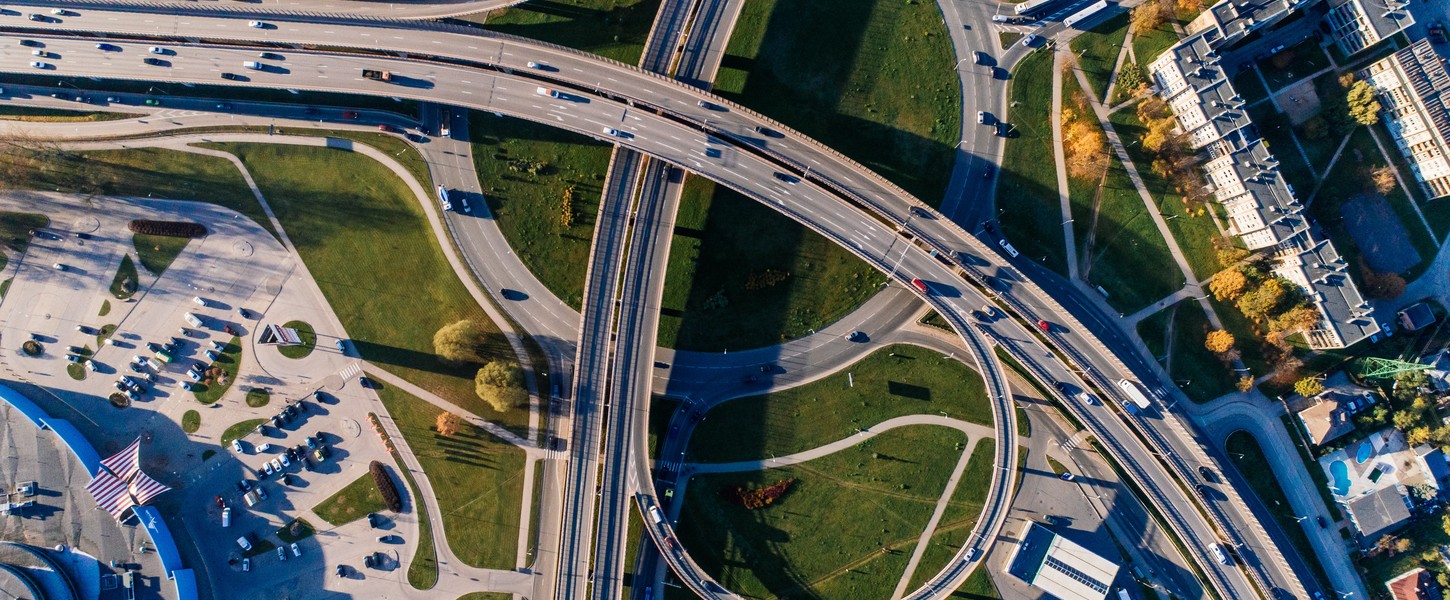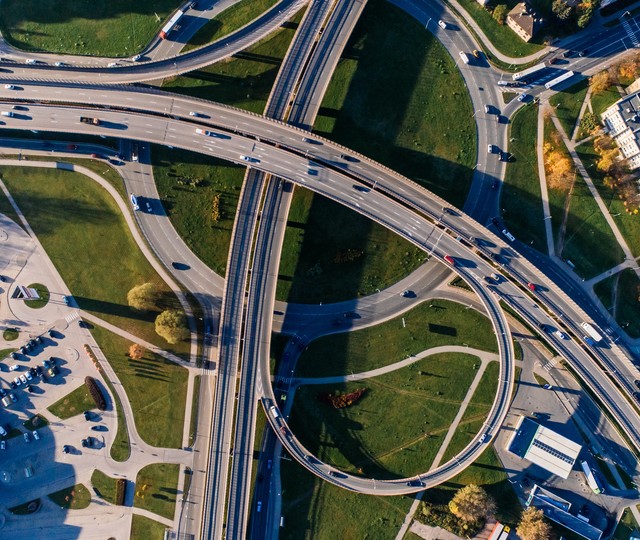Do you have any questions?
Do you still have questions about the Teast Area Autonomous Driving? Maybe we can help you with our FAQ collection. Just click your way through it!
At this point we have compiled frequently asked questions and the corresponding answers.
Should you still have any more questions, we are happy to provide you with information under the telephone number +49 721 6107-5005.
Or use our forms for citizen requests and admissions requests.
For what reason will the test area be built?
Vehicle systems, additional services, and applications for automated and connected driving can be tested under real traffic conditions in the Test Area Autonomous Driving Baden-Wuerttemberg, such as automated driving of cars, buses or commercial vehicles, street cleaning or delivery services for instance. Furthermore, this is an opportunity to update the regulatory and legal conditions. The creation of a test area will make it possible to effectively test technological solutions in the context of digitalisation of mobility. The project is supposed to create a test area for automated driving in Baden-Württemberg that is technology-open and independent of individual companies. Especially small and medium-sized enterprises will benefit from the freely accessible test area and the establishment of branches of mobility and ICT firms will be fostered.
What distinguishes the test field?
- Testing of technologies and services for networked and automated driving in various fields of application, especially in inner-city areas
- Strong regional integration and scientific support by experts in the field of mobility, automated vehicles and ICT, e.g. active in the profile region Mobility Systems Karlsruhe, RegioWin projects efeuCampus & RegioMOVE, Leading-Edge Cluster Electromobility South-West, Tech Center a-drive, DFG SPP "Cooperative Interacting Automobiles"
- Creation or simplification of access to key technological topics for companies, in particular for start-ups and SMEs in Baden-Württemberg
- Interlocking the automotive industry with the ICT industry
- Established operator with strong competence in the operation of traffic systems
What measures are planned for the realisation?
With the requested funds, various kinds of traffic areas are planned to be prepared for automated and linked driving. Therefore, highly precise 3D maps will be generated and sensors for the real-time acquisition of traffic and its influencing factors will be installed. Then, the data will be processed and made available to the users of the test area. Furthermore, the users will be given information about traffic light phases and bus, city and tram traffic flows. Radio paths and, in the long term, new telecommunication technologies are to be installed in order to ensure a robust data transmission from and to the vehicles.
What kinds of roads and infrastructure will be included in the test area?
The tracks of the test area will be composed of all relevant road types from mixed vehicle, bicycle, and pedestrian traffic in urban areas, to intra-urban 30 km/h and 50 km/h zones, municipal car parks, residential areas, and state roads and federal highways, up to motorway sections. The planned test zones and tracks comprise the three campuses of KIT, the Karlsruhe district of Oststadt, the central railway station and southern districts, connecting roads as well as motorway sections to Stuttgart and Heilbronn. The Bruchsal research campus as well as test areas for automated logistics and commercial vehicles in Bruchsal and Heilbronn will be connected to the test area as well.
Will there be changes or modifications of existing infrastructures?
Existing road infrastructures are planned to be used in the test area. There will be no changes or constraints for traffic participants or residents who are not involved in the test modes. The only possibly visible changes will be transmitting antennas that are to be installed for WLAN and mobile communication as well as sensors that collect only non-personal data.
Who will be controlling the test area? And what about safety?
The Karlsruhe Transport Authority (KVV) will function as the operating company of the test area. The test mode will be coordinated and supervised from a control point. It will be equipped with a safety and security control centre as well as IT administration, sales, accounting and controlling departments. The test vehicles are equipped with a complex safety technology and according to the current guidelines, a driver will always be in the vehicle during the trials for safety reasons. Furthermore, residents can monitor the condition and equipment of the test areas and tracks via an internet portal that is to be created. The portal also provides easy access to exemplary measurement data.
Who makes the driving decisions for autonomous driving?
The test field provides state-of-the-art data and technical equipment for the testing of networked and autonomous driving, without being liable for the completeness and correctness of the data. This already results from the fact that the technology is being built up or further developed within the framework of a research project. The final driving decision remains with the user of the test field; this decision is not made by the transmitted data and the existing technology.
How is the protection of personal data ensured?
A concept was developed for the TAF which fulfils the data protection requirements and which has been coordinated with the State Commissioner for Data Protection and Freedom of Information in Baden-Württemberg. The images captured by the cameras are converted into anonymous object lists at the intersection of automatic algorithms, which are then available to the driver of the test vehicle for comparison with his data. In addition, individual overview images are taken for research purposes to improve the conversion of the images into these object lists. Vehicle number plates and faces are not recognizable on these images. The responsibility for the data collected in the vehicles and their technical processing lies with the test field users. They are of course bound by the applicable data protection regulations.
What are the institutions behind the test area? Who forms the consortium?
Led by the FZI Research Center for Information Technology, the consortium is composed of the city of Karlsruhe, Karlsruhe Institute of Technology, Karlsruhe University of Applied Sciences, Heilbronn University, Fraunhofer Institute of Optronics, System Technologies and Image Exploitation (IOSB) and the city of Bruchsal as well as further associated partners. The Karlsruhe Transport Authority (KVV) as an external and neutral operating company enables the operation of the test area.
The Ministry of Transport Baden-Wuerttemberg provides funding of EUR 2.5 million for the design, planning and development of the test area. The consortium itself as well as associated partners and industrial partners additionally contribute an amount of own funds to the project. The setup of the test area is supported by a great number of partners from industry and science in Baden-Wuerttemberg.
Which routes are specifically planned for the test field in Karlsruhe?
In Karlsruhe, the intersections "Durlacher Allee/Ostring" and "Mannheimer Straße/Ostring" are currently being equipped with test field components. Subsequently, the further course of the Ostring from Haid-und-Neu-Straße to Wolfartsweierer Straße will be equipped with communication infrastructure and a street weather station. The consortium is also planning to equip the Durlacher Allee/Weinweg and Gerwigstraße/Weinweg junctions by the beginning of 2019 as part of the already ongoing conversion work as part of the IKEA construction measures.
What happens in Heilbronn?
In Heilbronn an approximately seven kilometre long section of the test field will be set up. It extends from the Heilbronn/Neckarsulm motorway junction (AS37) via Neckarsulmer Straße and Albertistraße to Hafenstraße and ends at the "Im Wohlgelegen" multi-storey car park. From here it is only a few steps to the entrance of the Federal Horticultural Show 2019. Further information is available at: https://www.heilbronn.de/umwelt-klima/mobilitaet/vernetztes-und-automatisiertes-fahren.html
When will the project start and how long will it take?
In Octobre 2016 the consortium started to build up the test area, 17 months later, Karlsruhe wants to start its regular service. The test area will be operated for a period of five years.



